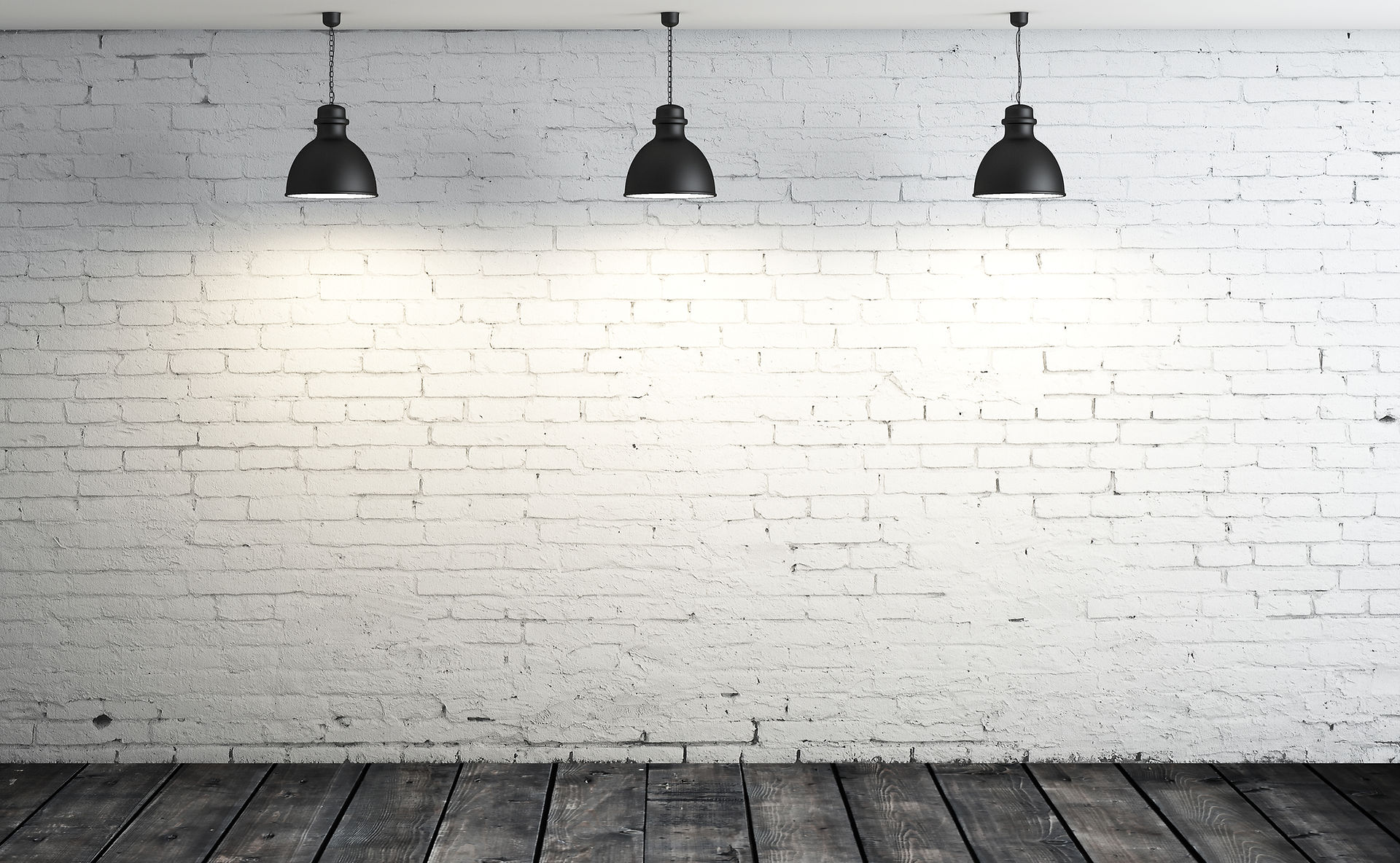BLUNDERS TO AVOID WHEN TALKING TO THE MEDIA!
- Media Maison

- Sep 8, 2020
- 3 min read

There are many things public relations firms can do for you and your brand.
One thing we can’t do is take your place, as the face of the company, when talking to the media.
But we can give you some pointers on blunders to avoid during the interview process and how to stand out.
Let us prep you. Like we said, we can’t do the interview for you but we can do it WITH you. By that we mean, one of the assets of Media Maison is our expertise to sit down and do a mock interview with you, give you a sense of what’s to come and, most certainly, prepare you for answering difficult questions. And if you're a client - we are ACTUALLY on the phone with you to help in case things go sideways and to give you feedback from your call.
Don’t go for the hard sell. In all likelihood, the interviewer will be doing the marketing for you by the very nature of the questions asked during the interview. There’s no need for you to come off like a shill with ill-timed cheerleading. By all means, know your business and have key talking points. But your response to questions will suffice. Not only does it leave a good impression with the reader or viewer, it likely will get you in the rotation of the reporter’s sources looking for an expert opinion for future pieces.
Know your time and place. In a newspaper interview you can afford to speak a little more at length. For television and radio, especially live television and radio, brevity is key. Leaning how to speak in soundbites is another of our specialties. Have key talking points about your product or service that are concise. Rambling on and on is a waste of the reporter's time! Be clear on how to to explain your brand, who your customer is, where to find your product or service and always have a great "brand story" in your back pocket in case you have time or they ask. Something that makes you stand out.
NEVER go off the record. We’re not suggesting the reporter would go behind your back and quote you on the record, but an off-the-record comment only piques the interest of a writer to go elsewhere to confirm it. And never answer a question followed by “But that’s off the record.” Doesn’t work that way.
By the same token, never answer a question with ‘No comment.’ Do we even need to explain why?
Let your personality come out. Not Tom Cruise jumping on the couch, but be enthusiastic and responsive.
Avoid jargon. Unless the interview is taking place on CNBC where the audience is more than familiar with terms like ‘asset allocation,’ keep it simple. Not dummied down, but simple. There is a difference.
Don’t engage with the interviewer and end up in an argument. Again, this is something we can teach in terms of keeping your composure. Neither side gains when an interview degenerates into a pissing match. Especially on television or a radio interview.
Finally do your research - know the outlet, read a few articles the reporter has written and even reference an article they wrote during the first part of the call - "Loved the article on XYZ you wrote". Have notes in front of you if you need them. Make sure you let them know if they need anything further how to reach you. Usually a PR firm will follow up with them for you and take care of any loose ends.
Media training is important if you are the face of your brand. If you are interested in media training shoot us an email. The difference between a good interview and a great interview is how well prepared you are! We don't want you to end up with egg on your face....





Comments